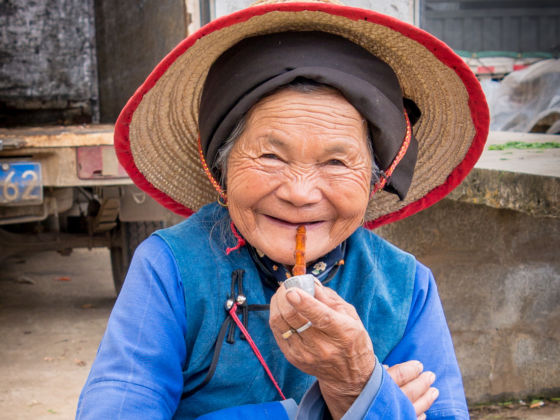On a recent trip to China, from Beijing in the north, to the province of Yunnan in the southwest, to Shanghai in the east, I had people howling. The only problem is, I was rarely sure why.
My Chinese is, to use the local expression, mamahuhu (literally meaning horse-horse-tiger-tiger but colloquially implying something is just so-so). But it gets me by. And often in China, I think that locals hearing a white dude uttering something close to Mandarin is unique enough to elicit a favorable, often humorous response. Comedy is, after all, in large part about defying expectations.

